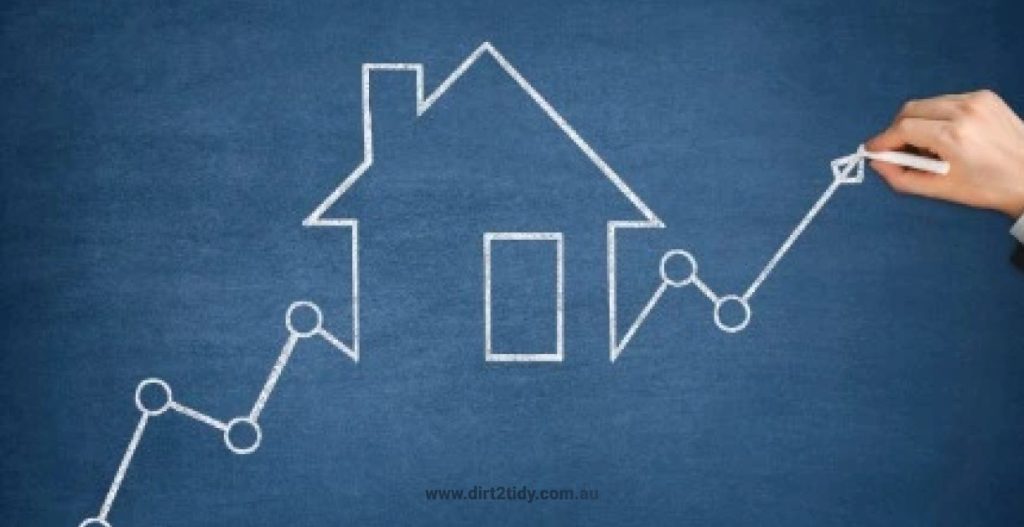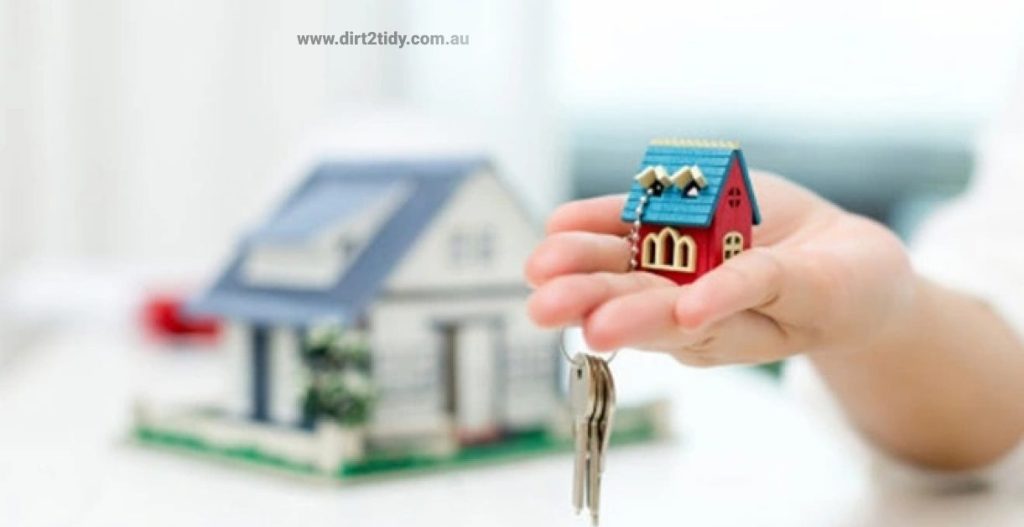Table of Contents
What Is a Recession and What Triggers It?
Before diving into whether building a house makes sense during an economic downturn, it’s helpful to pin down exactly what a recession is—and how these bumpy rides start in the first place.
A recession isn’t just a fleeting dip in the news or stock market nerves. It’s a sustained slowdown in the economy, often marked by companies trimming workforces, folks tightening their belts when shopping, and national production figures (GDP) taking a noticeable slide. This stretch of economic gloom can drag on for months, sometimes even years, depending on the root causes.
But what can actually spark a recession? It’s not always the same culprit. Sometimes it’s an unexpected jolt—like the COVID-19 pandemic—that suddenly throws a wrench in the works. Other times, the seeds are sown over years through rising debt levels, runaway inflation, stubborn deflation, or even big leaps in technology that leave certain industries scrambling to catch up. In short, recessions are a recurring feature of the economic landscape, each with their own triggers and twists.
If you’re looking for a home, all the uncertainty may worry you. Will COVID-19 spark a housing crash like 2011? There is a possibility, according to the national bureau of economic and federal reserve.
While home sales and economic activity declined considerably during earlier pandemics, property values stayed approximately the same or decreased somewhat. Fewer transactions make it harder for pricing to fluctuate. The housing market and buying a house during a recession have been paused.
These measures will prevent the housing market from tanking due to a surge of foreclosures, as happened in 2011, but they might bankrupt mortgage providers who would be responsible for the missed payments. It’s unclear how this will affect the mortgage business and housing market rates during a recession.
As the stock market collapses, investors search for safer areas to deposit their capital, boosting the bond market. The stock market collapse might affect housing and home buyers.
How Did Real Estate Recover from The 2011 Housing Crisis?
The 2009-2011 economic slump hit Australia severely, but not as heavily as other states or the country. As the Great Recession ended, Australia’s economy boomed more swiftly.
In the last decade, jobs and the state’s gross domestic product surged at historic rates, garnering Australia’s economy national praise. Out-of-state enterprises found our well-educated workforce, reduced salaries, and outdoor leisure facilities attractive.
The 2020 Recession looks to be different for homebuyers
Not the financial industry. Once the epidemic is under control, the economy should begin to recover. Temporary economic declines should be less severe than the 2008 recession.
The 2020 Recession is also unrelated to housing. Any recession will hurt the housing market, but it hasn’t collapsed as with subprime mortgage defaults. Despite the pandemic’s impact on people’s wallets, property values rose 20% in 2021. Due to the epidemic and increased demand, housing prices skyrocketed.
2022 is expected to have similar affordability concerns, Any recession will harm the house market because purchasers won’t make such a large financial commitment in a weak economy stated by the bureau of economic research.

Housing COVID
COVID affected real estate deals with economic downturn. Stay-at-home mandates prevented you from house-hunting. Even if you could, you may not have wanted to, and merchants may not have wanted you there. Fewer houses are available.
For purchasers who did find a property, the closing process was longer than typical since statewide shutdowns affected appraisals, home inspections, and movers. Due to low availability, housing values are at or above pre-COVID levels.
During a Recession, Should You Buy a Home?
Even experts have had trouble anticipating the next housing catastrophe. The Fed seems set to hike interest rates, which might modify purchasers’ calculations and decrease home prices.
A recession is a good time to buy a property and stimulate economy. Increased foreclosures or owners selling to keep afloat lead to more properties on the market and lower prices.
Because this recession is unique, every buyer will face a distinct financial scenario. If you work in hospitality, your financial situation is different than someone who can work from home.
Only you can decide if buying a home during a recession is possible for your family.

How to set a practical home buying budget in a recession
Financial uncertainty makes budgeting for a home more important than ever. Just because your lender approves you for a mortgage doesn’t mean you should borrow that full amount—especially when times are uncertain and income sources might shift unexpectedly.
Start by tallying up all your typical monthly expenses—think groceries, utilities, transportation, insurance, childcare, and anything else essential. Subtract that figure from your monthly income to see what you can realistically set aside for housing costs, without stretching your wallet to its breaking point.
Be sure to factor in everything beyond the mortgage payment itself:
- Property taxes
- Homeowners insurance
- Utilities (which may vary seasonally)
- Ongoing maintenance and emergency repairs
A good rule of thumb is to keep your housing payment—mortgage, taxes, and insurance—at or below 28-30% of your gross income. This leaves you some breathing room for emergencies, layoffs, or unforeseen expenses—a critical consideration during periods of economic upheaval.
If you’re unsure, run your numbers using a calculator from trusted sources like NerdWallet or Bankrate, both of which offer free home affordability tools to help you see the big picture.
And don’t forget: in a recession, playing it safe leaves you better prepared for whatever twists might be around the corner.
Recession Home Buying Pros
There are perks to house hunting amid a recession. In a recession, there are fewer buyers, so properties sit longer. This encourages sellers to cut their asking prices so their house sells faster. An auction may yield a home.
Rates Drop
During a recession, the Fed reduces interest rates to boost the economy. This lowers bank rates, especially mortgage rates. A lower mortgage rate reduces house costs over time. If the rate drops, that might be a big savings.
Buyer discounts
- Sellers grow anxious while their homes languish on the market. You might ask the seller to cover closing fees.
- Recession-era home buying drawbacks
- Before buying a property during a recession, consider a few things.
Unemployment
This is crucial. In a normal recession, rising unemployment threatens many occupations. Things may change rapidly, even if you think your sector or job is safe. A mortgage is only one homeownership cost. Make sure your employment is solid to avoid foreclosure.

Banks lend less
Banks know how economic uncertainty affects jobs. So they’re less inclined to approve mortgages out of fear of foreclosure, a lengthy legal procedure.
Home sale problems
If the present owners went into debt or foreclosure, title concerns may influence your property acquisition. Ensure your title company searches thoroughly.
Recessions might make it difficult to sell a property before buying a new one. Depending on the market, you may earn less money or your property may take longer to sell.
Choose Your Agent Wisely
When the economy falters, the expertise of an experienced real estate agent matters more than ever. Navigating a home purchase during a recession isn’t just about evaluating listings—it’s about having someone savvy in your corner. A knowledgeable agent, like those from Coldwell Banker or RE/MAX, understands fluctuating markets, keeps a sharp eye on distressed properties, and knows how to spot real value amid uncertainty.
An agent can help you:
- Identify properties that may be overlooked by less seasoned buyers.
- Negotiate aggressively to secure meaningful discounts.
- Connect you to reliable inspectors, appraisers, and contractors who won’t cut corners, even when the market is slow.
- Offer insight into which neighborhoods are holding strong and which may see further price drops.
- Flag potential issues with titles or bank-owned properties—common in recessionary periods.
Finding the right agent means you won’t be flying blind. Instead, you’ll have someone who knows the local landscape and how to guide you in stormy economic weather, helping your home-buying journey stay steady.
Competition
During a recession, you may be competing with investment corporations for a home. These corporations realize prices are lower during a recession and want to profit.
Before buying a home during a recession, you must honestly assess your finances and balance the advantages and downsides. If you’re sure about your finances and future, you may acquire your ideal house for less than you expected.




